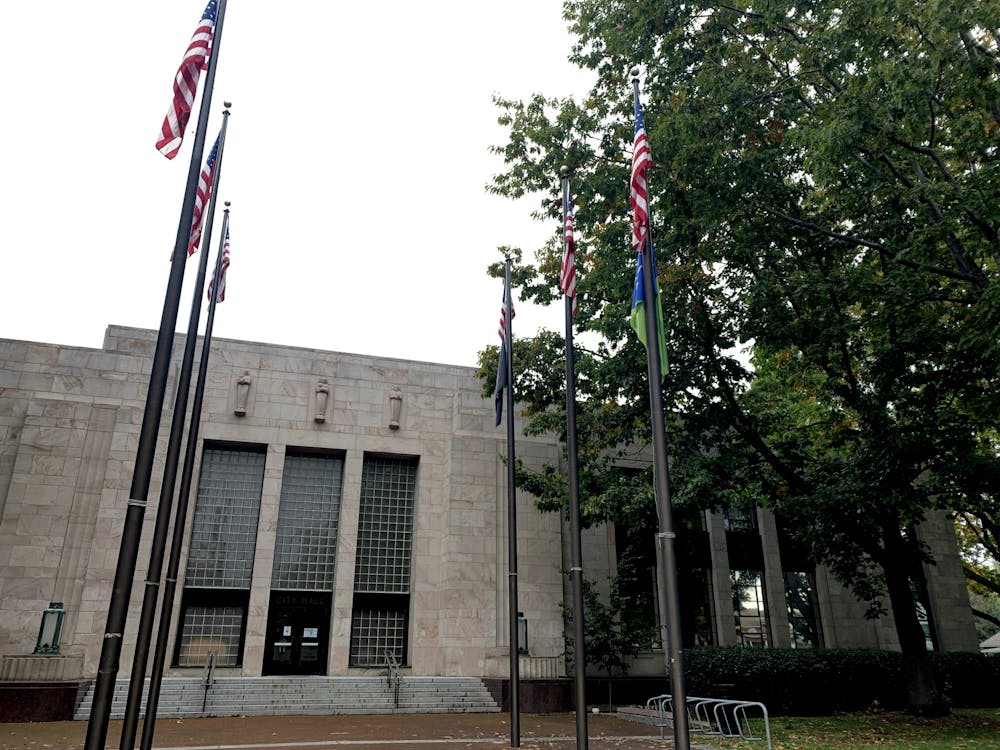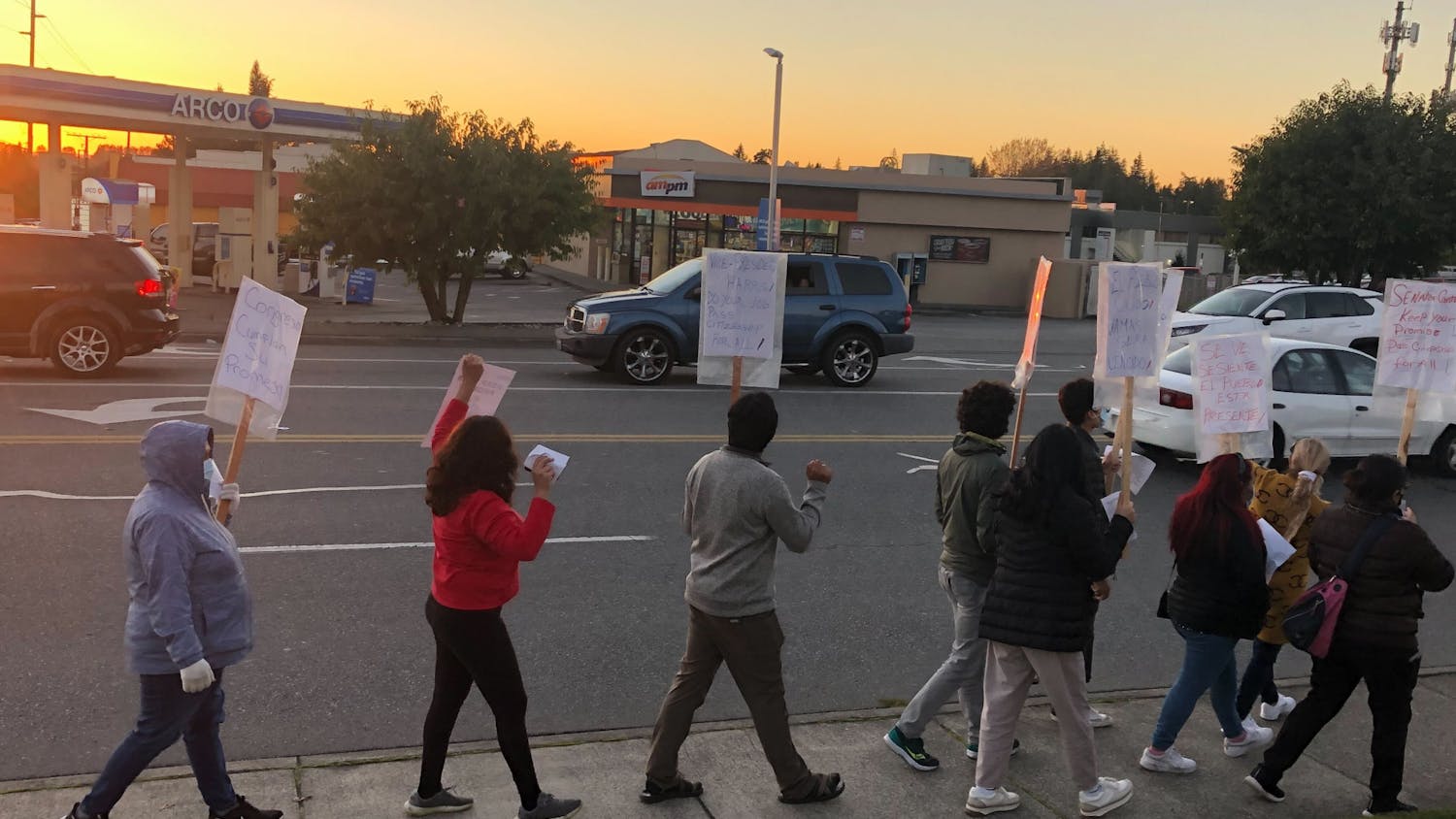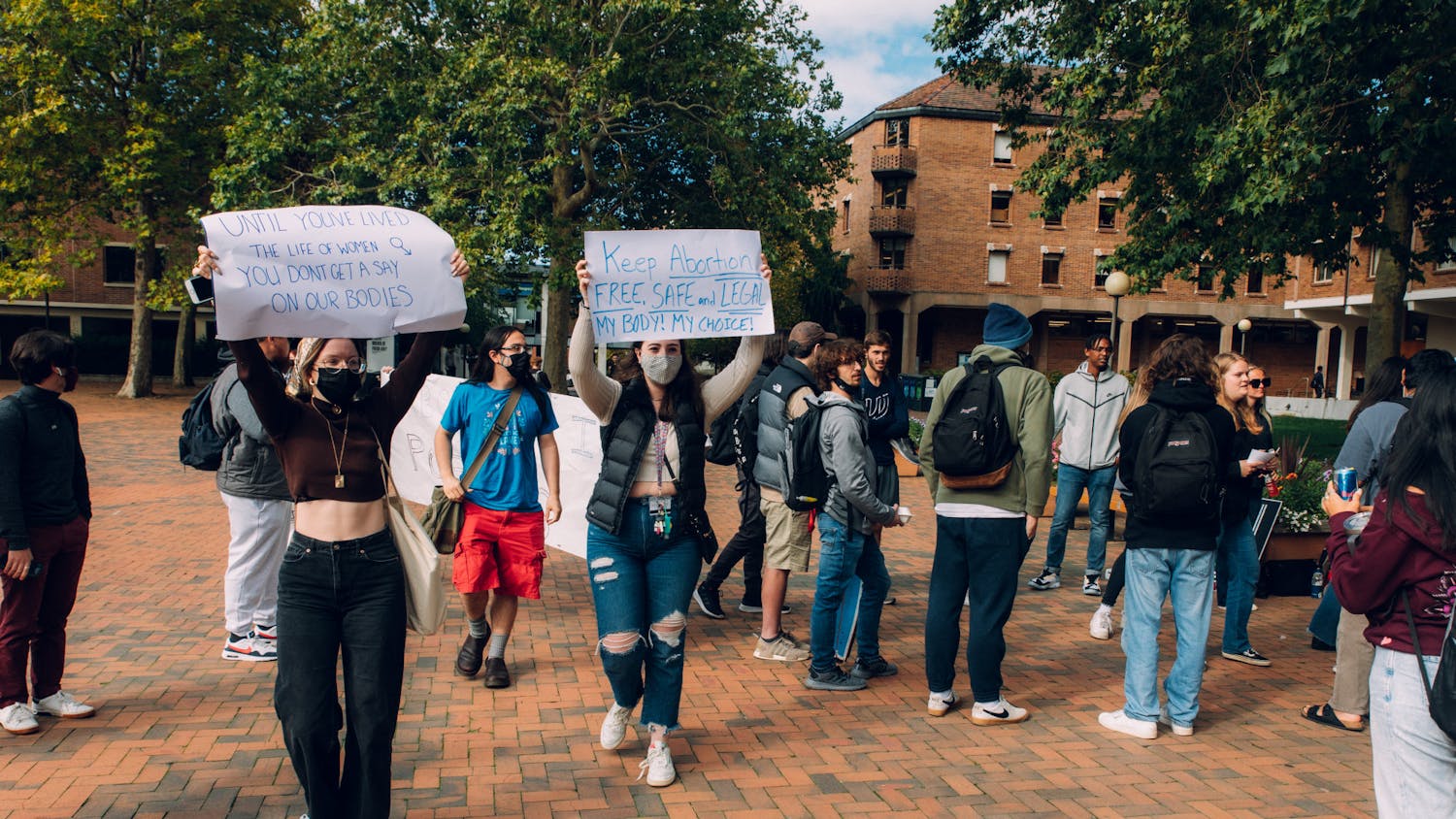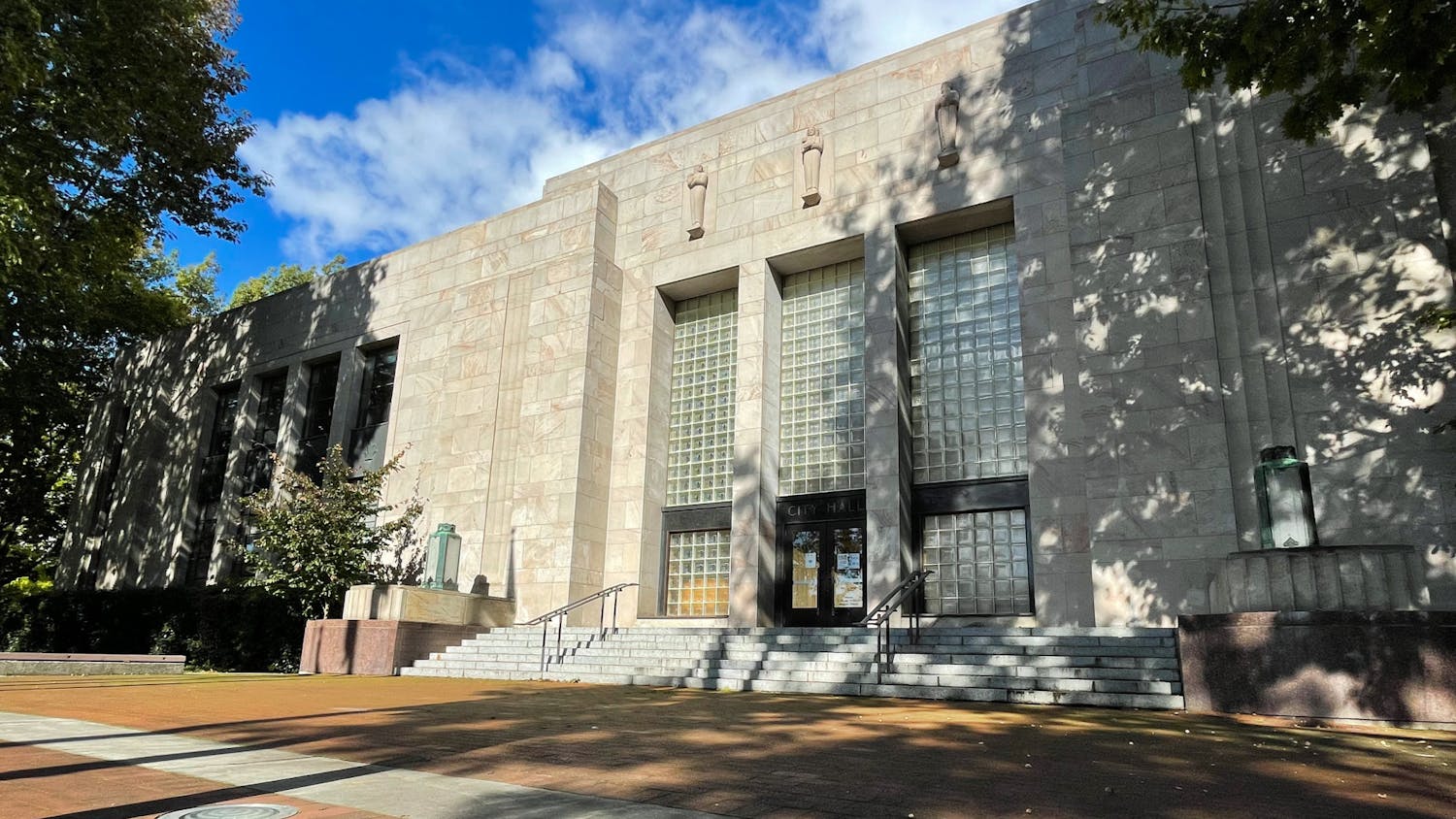Bellingham City Council unanimously passed a resolution on Sept. 27, affirming that racism is a public health crisis, laying its vision for the city’s future and preparing for the creation of a new Racial Equity Commission in the county.
Bellingham City councilmember Daniel Hammill, who worked on drafting the resolution, said this was a declaration of vision and values.
“Our community’s history started with racism from day one, and we have to acknowledge that,” Hammill said. “I think that it’s super important, and when we acknowledge it we can understand what it is, we have the history of it and then we can start to work to dismantle it.”
Following several other cities and counties across the nation, the council worked with community members like Shu-Ling Zhao, co-founder of the Chuckanut Health Foundation Racial Equity Commission, to come up with a draft resolution.
Zhao said in an email that resolutions like these, where broadening the way we look at race and racism from the individual and interpersonal level to whole systems, create opportunities for transformative change.
“They create a context for the necessary conversations we, as a community, need to be having around how we allow racial inequities and systemic racism to continue causing harm in the lives of our neighbors,” Zhao said.
The resolution lists the practices and policies that will be implemented with the goal of dismantling systemic racism in Bellingham and ensuring racial equity. This includes trainings, assessing city department policies and supporting community efforts.
“I think it is reflective of the values of Bellingham residents, and I think it’s important for people to understand that their leadership hears the community and creates resolutions like this to reflect the values of the community,” Hammill said.
The monitoring of the commitments in this resolution will come from the City of Bellingham, with oversight from the council.
“And as a community, we also have a role of holding our local government accountable to this resolution by actively engaging with the process,” Zhao said.
Hammill said this resolution is a part of a broader effort to bring down systemic racism in the community, as councilmembers and community members are in the process of creating a Whatcom Racial Equity Commission.
The commission will be selected by members of the community and will look at marginalized communities, policing and community safety, he said.
“We have to start by acknowledging that racism is a public health crisis, that’s square one,” Hammill said. “Then we need to commit to being an anti-racist city through our policies and through our behaviors and encourage that throughout the community.”
The decision comes almost a year after the Whatcom County Council, working with the Public Health Advisory Board, passed a similar resolution in November 2020.
Western Washington University professor and Public Health Advisory Board member Dr. Steve Bennett was one of those who worked on the Whatcom County Council resolution.
“In Whatcom County we felt that it was time to acknowledge these systemic differences, that it was time that we acknowledge the health disparities that we see in data nationally as well as locally,” Bennett said, “It’s important to acknowledge this because if you don't acknowledge it, then you can't work to address those problems.”
Dr. Bennett said the Whatcom County resolution has already done a good job of forcing those important conversations within county government departments, reevaluating their own policies and procedures and engaging with the community.
Councilmember Hammill said the Whatcom Racial Equity Commission is expected to be instituted by the end of this year.
Bella Neff (she/her) is a third-year student studying journalism and political science, and reporting on city news. You can reach her at bellaneff.thefront@gmail.com.






